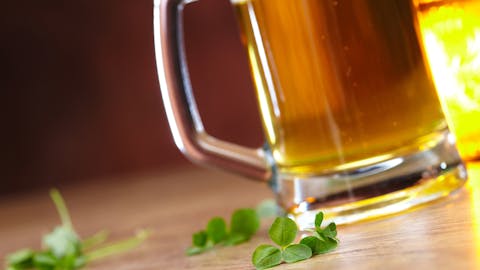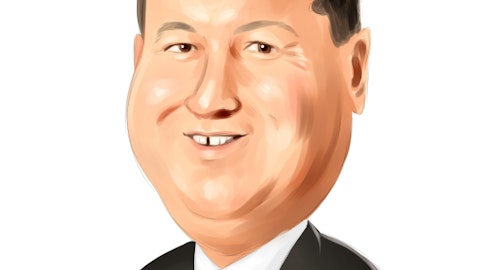Key Risks
DEO’s stock has been a major disappoint over the last three years. It has compounded at an annual rate of 0.5%, significantly lagging the market’s 15% annualized return.
Not surprisingly, the company’s organic growth rate significantly decelerated over that period of time, coming in at 5% in 2011, 6% in 2012, 5% in 2013, 0.4% in 2014, and 0.0% in 2015.
Growth has slowed for several reasons. Scotch, beer, and premium core brands in North America account for about two thirds of DEO’s sales. Sales in this group declined by roughly 2% in fiscal year 2014 and 2015, driving the bulk of DEO’s underperformance.
Consumer preferences in the alcohol market have shifted over the last few years, hurting demand in the company’s scotch, vodka, and beer categories.
DEO’s Smirnoff vodka over expanded into too many flavored varieties, which have seen demand fade. Consumers have instead favored whiskey, tequila, bourbon, and craft spirits. In beer, the rise of new craft brewers has also dented demand for the big brands. Interest in Captain Morgan and scotch has also declined.
As a result of shifting consumer tastes and an increasing number of brand choices, DEO’s U.S. market share declined every year between 2011 and 2014 (and likely 2015 as well). It is challenging to say if, when, and how these trends will evolve over the coming years.
Beyond North America, DEO has also been impacted by China’s crackdown on government corruption, which has reduced demand in the company’s premium spirits business in Asia. The company even had to write down some of its Chinese assets. Once again, it’s difficult to know how long it might take for this situation to play out.
Finally, it’s worth nothing that DEO is also under investigation by the Securities Exchange Commission (SEC) for potentially shipping too much inventory to distributors in order to boost near-term financial results.
Dividend Analysis
We analyze 25+ years of dividend data and 10+ years of fundamental data to understand the safety and growth prospects of a dividend. DEO’s long-term dividend and fundamental data charts can all be seen by clicking here.
Dividend Safety Score
Our Safety Score answers the question, “Is the current dividend payment safe?” We look at factors such as current and historical EPS and FCF payout ratios, debt levels, free cash flow generation, industry cyclicality, ROIC trends, and more. Scores of 50 are average, 75 or higher is very good, and 25 or lower is considered weak.
DEO’s dividend Safety Score of 58 suggests that its dividend is safer than most other dividend stocks in the market.
In its most recent fiscal year, DEO’s earnings payout ratio was 54%, which is a very safe level for such a consistent business.
Longer-term, we can see that DEO’s EPS payout ratio has remained very stable around 50%, indicating that its dividend growth has been driven by earnings growth. A stable payout ratio can also be a sign of a business that generates predictable earnings each year.

Source: Simply Safe Dividends
DEO’s business performed fairly well during the financial crisis. While DEO’s sales fell by 15% in 2008, its earnings only decreased by 11%. The stock ultimately returned -32% in 2008, modestly outperforming the S&P 500. The business appears to be more recession-resistant than many other companies because consumers will continue to drink alcoholic beverages in most economic environments.

Source: Simply Safe Dividends
From a profitability perspective, we can see that DEO has maintained high and stable operating margins, which is often the sign of an economic moat. In this case, DEO’s strong brands, pricing power, and economies of scale have helped it maintain excellent margins.

Source: Simply Safe Dividends
Not surprisingly, these same factors have helped DEO generate strong free cash flow every year. Free cash flow generation is very important because it allows a company to comfortably reinvest and return capital to shareholders without the assistance of capital markets.

Source: Simply Safe Dividends





